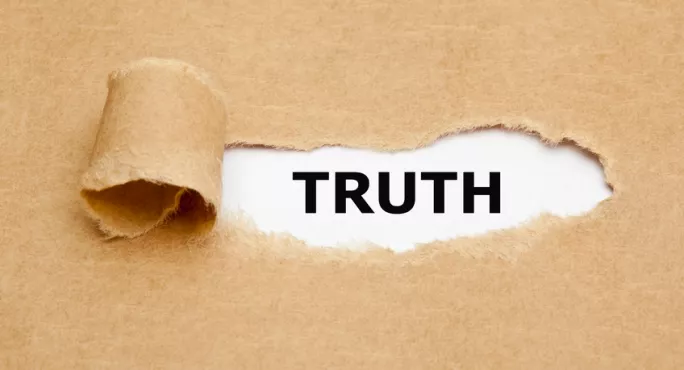A teacher who hasn’t had to get to the bottom of a “he said/she said” saga is a rare find. Lying can be commonplace in schools and for teachers, who are already time-poor, unravelling those fibs can take a frustratingly long time. There must be a quicker way of getting to the truth, right?
Here, self-made lies expert Pamela Meyer of TED Talk “How to Spot a Liar” fame shares her advice for sniffing out a lie.
1. Know your students
Meyer is confident that most teachers are already skilled at getting the truth from their students.
“Often teachers know that with certain kids you get more truth out of them when you have them alone but with others they’re more truthful when they’re being witnessed by someone, for example,” she says.
2. Pay attention to the structure of students’ stories
“An honest person will tell you a story with a beginning, middle and end. The main event you’re trying to find out about will usually be towards the middle, and the end will be an emotional comment on what’s happened,” says Meyer.
But when someone is lying, their story will be front-loaded with “authentic detail”, she explains.
“The main event will be pushed back, and there will be no emotional comment on it. Essentially, the story has a beginning, a middle and no end.”
3. Test the chronology
If the structure of the story raises suspicions, Meyer suggests asking the students to tell the story out of chronological order as a test.
“They may be able to do it, but you will see a lot more ‘leakage’ - indicators they’re being deceitful, such as wringing their hands, a stiff upper body or fiddling with objects,” she says.
4. Ask why
Once the truth has been admitted, it shouldn’t then just be about a process of punishment and moving on. For Meyer, the “why” behind a lie is important.
“Lies can provide a way of finding out what’s going on in someone’s head. We lie for very different reasons. So you need to figure out what’s motivating someone,” she says.
5. Lead by example
Of course, the aim would be to prevent any lying in the first place. Meyer says you can at least reduce the desire to lie but it requires the creation of a truthful environment. She believes it’s vital for staff to set the tone by being as honest as possible.
“So, as a teacher, if you make a mistake, you can say to the kids, ‘I made a mistake. I feel terrible about it. I acknowledge that it affected you all in this way,’ and then say what you’re going to do about it. It signals to everyone that your world is an honest one.”
Jessica Powell is a freelance writer based in Melbourne @JPJourno
This is an edited version of an article in the 9 December 2016 edition of Tes. Subscribers can read the full story here.




